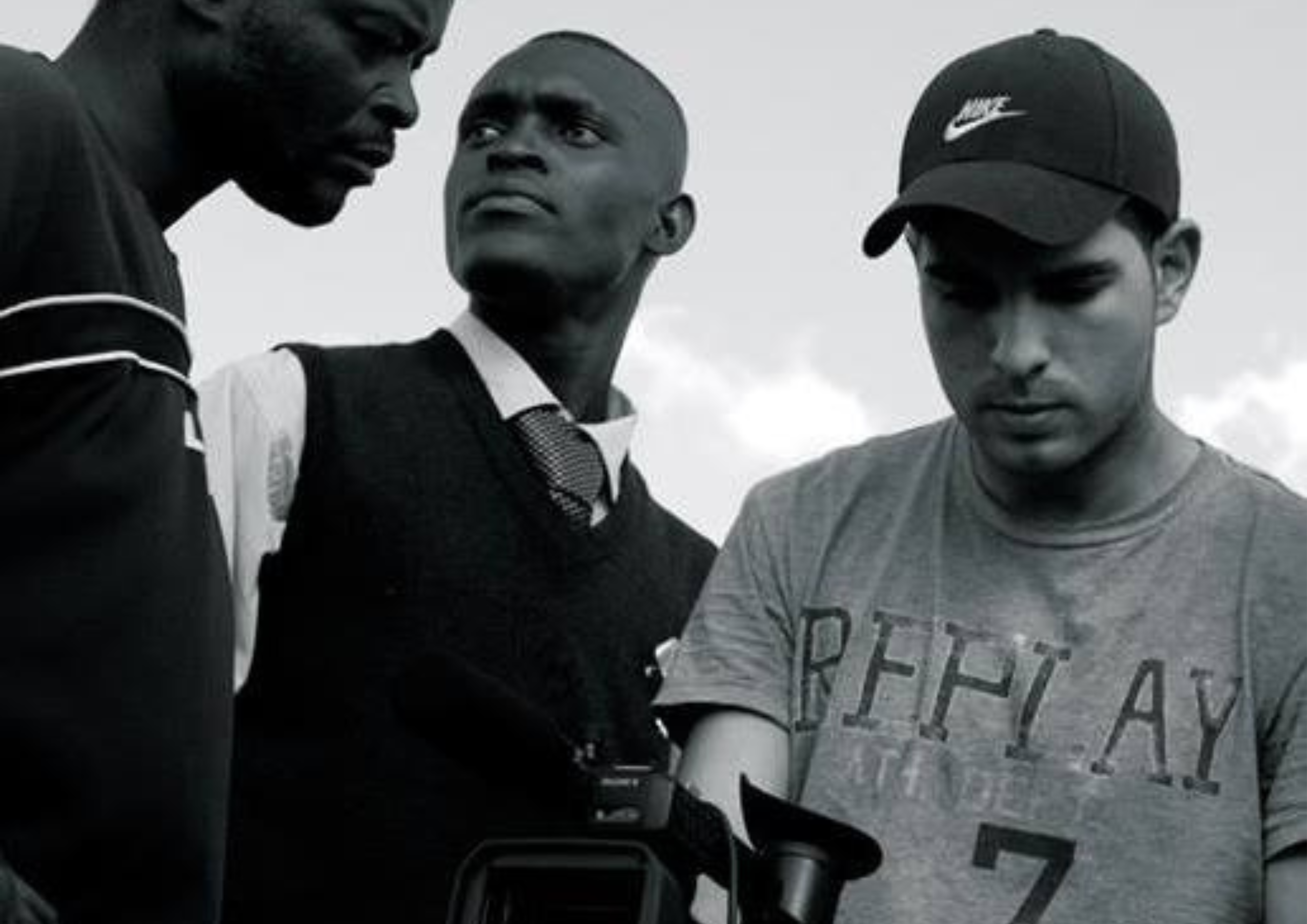Would you like to learn how to make films and delve into the lifestyles of our ancestors? During Heritage Heroes we pair Dutch and Zambian participants. Together they will discuss the things their ancestors (wanted to) teach them, and the way they still use that knowledge in their daily lives today. Maybe your grandfather’s advice helped you through difficult times, or maybe your grandmother’s expectations just got in your way tremendously. How do you deal with that, and what do you do if you don’t actually know their teachings at all, or people around you have little understanding of them?
Whether your ancestors loved casava, infimkubala or ubusala, all their heritage is welcome! After an online introduction, we will invite you to join us at the Kambisa! community centre in Chilonga, where you will work together on a script for a short film depicting your quest. Then we will actually produce and screen that film. First the films will be shown in the community center in Chilonga, later in the Netherlands. We ask you to record a very short diary film every day so that we can all learn how you experienced this process, and what you learn from it.
Would you like to participate? Then send a short video by June 21 telling us why you want to participate, and what you want to learn or explore. Show an object that reminds you of your ancestors. The video does not have to be of high quality (can just be on your phone, we are mainly looking at the content), and can be sent to kambisabeheard@gmail.com
By June 30 you will hear if you have been selected! In any case, every entrant will be rewarded with a free online master class in filmmaking.
Practical matters:
- we expect you to be available full time between September 6 and October 12, to participate in at least 6 half-days in July and August in the preparatory assignments and preparation days (max. 2 on location, rest online) and to make sure that the productions are screened at least once in a public place in your neighborhood, where you will be present to tell about your experience.
- you follow the rules of the Kambisa community center. That means no drugs, no alcohol, modest behavior (also in clothing) and having lunch together (simple meal of ‘nsima’: corn porridge, vegetables and fish/meat or vegetarian sauce). You show respect for yourself, your group and the people we work with, even if they feel or behave very different from what you are taught. You go there emphatically – not to lecture others, but to learn something with them and explore any differences and similarities.
- we will be working as a group in solidarity: we are all going to work together to make the project possible for everyone.Together we need to make sure that the project is a success and our work is promoted. Everyone is asked to contribute to this, but it can be done in different ways. Some have money, others have a lot of followers on social media, others can give a workshop or sell DVDs. Let us know how you think you can contribute.
- you will be working with local knowledge, also called “indigenous knowledge”. Keep in mind that you should always get permission from the knowledge holders before sharing their knowledge, and that you should let them benefit fairly if you ever make money from it. Ultimately, they must retain control of the knowledge from their community. During the preparation, we will go into more detail on this.

